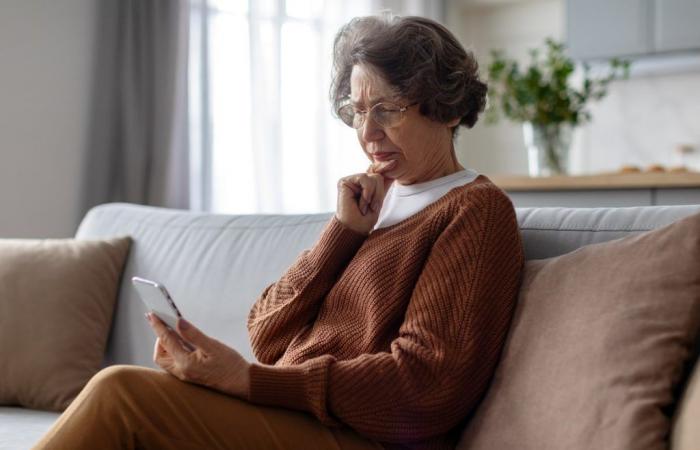
Contrary to what many may think, older people do not stop using emojis due to lack of interest or lack of capacity, but rather because lack of confidence and general technological knowledge. This is according to a new study carried out by the University of Ottawa, in Canada, and published in March 2024 in the scientific journal Computers in Human Behavior Reports.
The research was based on the observation that emojis are important non-verbal communication tools, as they help to express feelings, set the tone for conversations, provide context and make the message clearer. According to a survey cited by the study, 700 million emojis are used every day on Facebook and half of the comments made on Facebook Instagram include this tool.
Therefore, not using digital tools like this can generate exclusion and increase the feeling of isolation.
To understand how the use of emojis varies according to age group, researchers carried out a survey of 240 adults aged 18 to 80. In it, participants were asked about various aspects of their use of emojis, including variety, frequency and ease of interpretation.
The analysis showed that, In general, older users use fewer emojis and feel less confident in their ability to apply them in digital media. For this group, the emoji that represents surprise (a little yellow face with wide-open eyes and raised eyebrows) was considered the most difficult to interpret.
For researcher Isabelle Boutet, who led the study, it is important to promote the use of emojis by older adults because this tool can facilitate intergenerational relationships, reduce loneliness and help users of all ages achieve their social and emotional goals.
Geriatrician Luiz Antônio Gil Júnior, from Hospital Nove de Julho, in São Paulo, goes in the same direction. For him, the digital inclusion of the elderly is a fundamental issue, after all, a large part of social interactions today takes place through these means.
In this sense, the expert highlights that the use of technology can help the elderly to interact more with friends and family and, consequently, reduce the impression of loneliness. He points out, however, that this is just one of the several strategies that exist for this purpose – elderly people can also invest in recreational activities and volunteering, for example.
Furthermore, the geriatrician highlights that being connected currently means greater independence, as it allows greater access to available services and resources. “From the internet, it is possible to make appointments, make purchases, learn new things and even practice cognitive stimulation exercises”, he explains.
Therefore, according to Gil Júnior, the young people must act empathetically to help include older people in this environment. “Help and encourage the confidence of older people in their digital interactions”, he advises.
Tags: Elderly people emojis due lack confidence study shows understand implications routine
--




